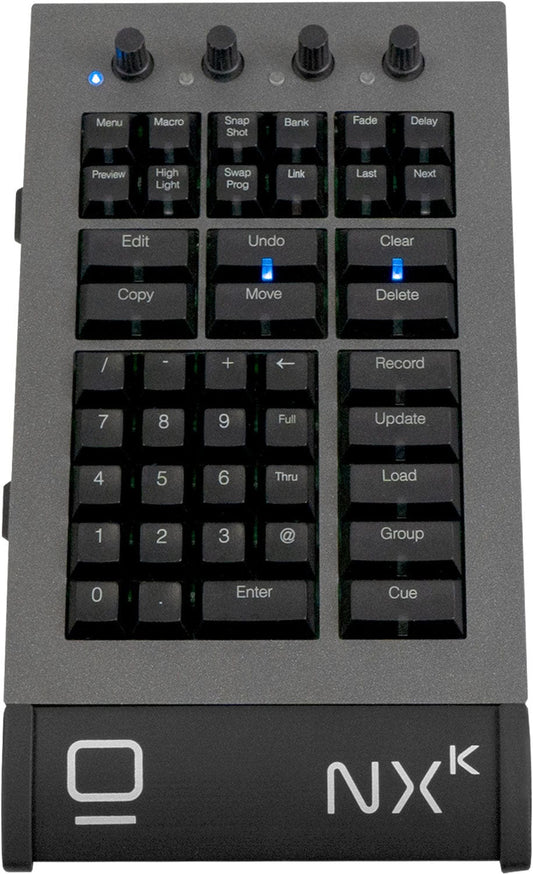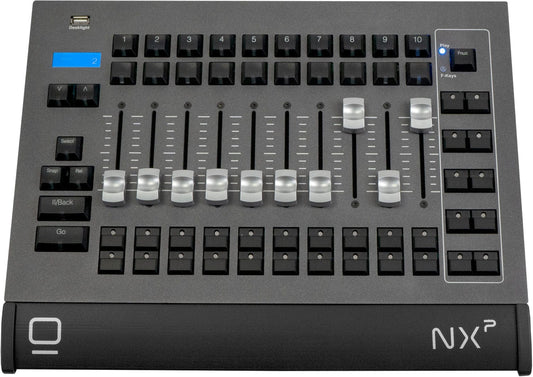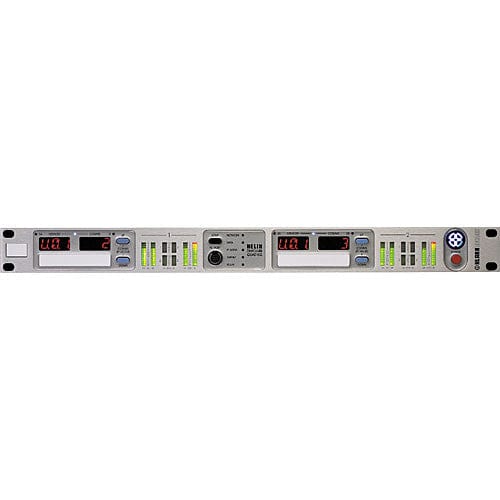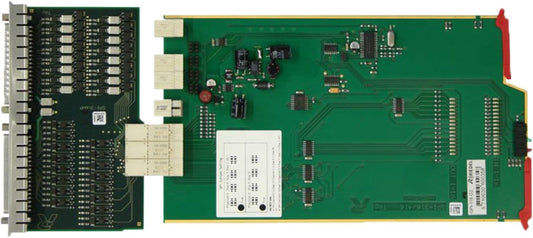RME I64 MADI Option Card for Micstasy / DMC-842 or ADI-8 QS
The I64 MADI Card provides the Micstasy with a 64-Channel MADI input and output. Coaxial and optical output operate in parallel to the AES/EBU and ADAT output, therefore deliver the same data. The I64 MADI Card features an optical as well as a coaxial MADI input. The input is switched automatically, according to where a valid input signal is detected. Full redundancy is ensured by the automatic input switching, immediately changing to the other input in case of loss of the input signal. The MADI input will operate as an optional clock source (Clock section, OPTN) as well as a thru-input. Since each Micstasy uses only 8 channels, up to 56 channels can be passed through. This technique is used to serially cascade several Micstasys. Incoming MADI data is passed through unchanged, only one block of eight channels is replaced. This allows up to 8 devices to be connected serially. All 64 combined channels are available at the last device's MADI output. With an installed I64 MADI Card the Micstasy can be remote controlled via MADI. At the same time MIDI data are transmitted via MADI. When multiple devices are connected serially, the MADI I/O of each Micstasy causes a delay of 3 samples. Therefore at the MADI output of the last device, the data of all upstreamed devices are delayed. The problem of this offset is solved by the function Delay Compensation. Using the I64 MADI Card provides the ability of 8 channels being used as digital return path, sending audio via MADI to the Micstasy's ADAT and AES outputs. For example stage and studio monitors can be fed digitally from the Micstasy. On stage the use of an additional D/A-converter (e.g. ADI-8 DS might be necessary. The MADI output continues to carry the analog input signals and the fed-through input data.














